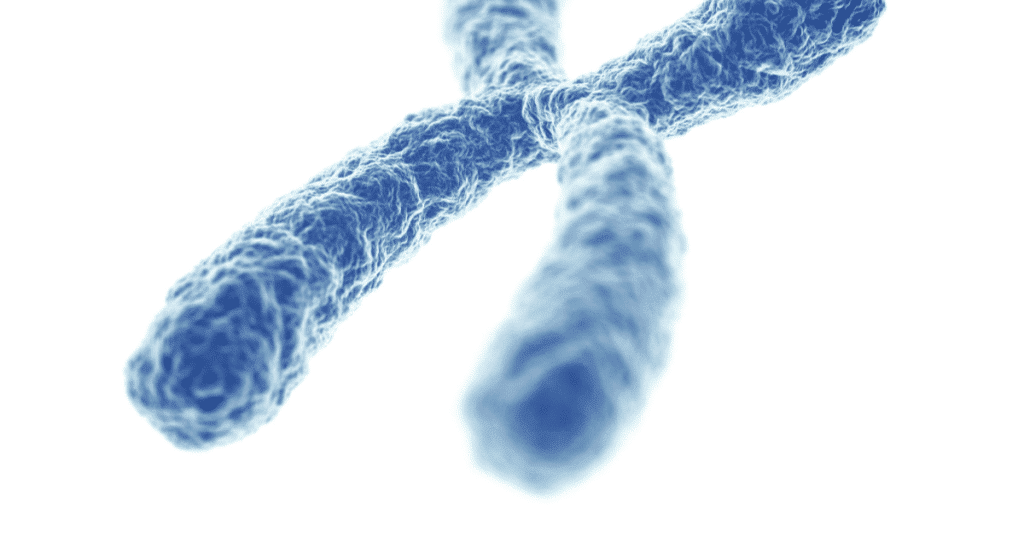
Chromosomal abnormalities are a common cause of miscarriage, particularly in the first trimester. Fetal chromosomal alterations can occur during conception or early development, leading to health problems and birth defects. Chromosomal aberrations, also known as chromosome abnormality, can also be caused by genetic abnormalities or uterine abnormalities. Spontaneous abortion is often a result of chromosomal anomalies, which can manifest in different alterations and disorders. Women who have recurrent abortions or previous miscarriages are at higher risk for recurrent pregnancy loss due to chromosomal abnormalities.
Unfortunately, there is no cure for chromosome abnormalities that cause recurrent pregnancy loss or recurrent abortions. However, there are some treatments that may help prevent future pregnancy losses. One option is genetic counseling, which can help identify potential risks and provide guidance on how to reduce those risks. Some women may benefit from fertility treatments such as in vitro fertilization (IVF) with preimplantation genetic testing (PGT), which allows doctors to screen embryos for chromosome abnormalities before implantation.
There are many factors that can contribute to chromosomal anomalies, including genetic mutations and inherited conditions. Uterine abnormalities such as fibroids or polyps can also increase the risk of first trimester miscarriages due to multiple aneuploidy. Maternal age, previous miscarriages, exposure to toxins or radiation, and certain medical conditions like diabetes or thyroid disease can also increase the risk of birth defects caused by chromosomal issues.
It’s important for women who have experienced a miscarriage due to chromosomal abnormalities to seek support from their healthcare provider and loved ones. Grief counseling or therapy may be helpful for processing emotions related to pregnancy loss. Women who have experienced recurrent abortions may benefit from additional testing or treatment options. Affected couples should consider genetic issues and birth defects when planning future pregnancies.
Types of Chromosomal Abnormalities Leading to Miscarriages
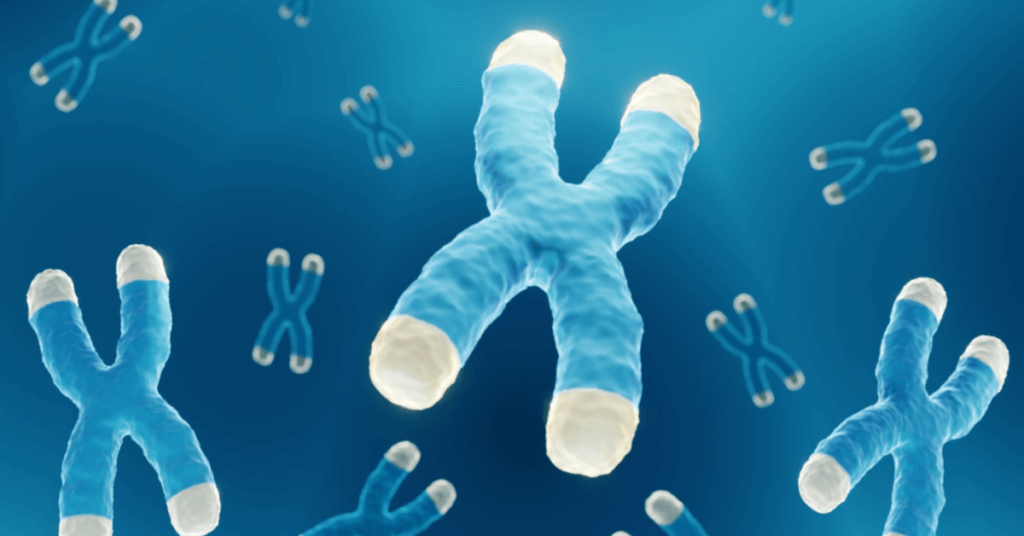
A miscarriage is a heartbreaking experience for any couple and can be caused by various factors, including chromosomal abnormalities in the developing embryo. Chromosomes are the structures that carry genetic information, and any abnormality in their number or structure can lead to developmental problems and eventually miscarriage. Recurrent pregnancy loss or recurrent abortions can occur due to these abnormalities, leading to spontaneous abortion. Translocations are also a type of chromosomal abnormality that can cause miscarriages.
Aneuploidy
The most common genetic abnormality leading to recurrent pregnancy loss or recurrent abortions is aneuploidy, a type of chromosomal abnormality. This occurs when there is an abnormal number of chromosomes in the embryo due to genetic causes. Normally, humans have 23 pairs of chromosomes, but sometimes an extra chromosome or a missing chromosome can occur during cell division in early development. Aneuploidy accounts for up to 70% of first-trimester miscarriages and is more likely to occur as women age.
Translocation
Translocation is another type of chromosomal abnormality that can cause first trimester miscarriages and recurrent pregnancy loss. In this case, a piece of one chromosome breaks off and attaches to another chromosome, causing an imbalance in genetic material. Translocations may not always result in miscarriage but can increase the risk if they affect certain critical genes, especially in women with previous miscarriages or recurrent abortions.
Inversion
Inversion is a type of chromosomal abnormality that can occur during conception, leading to alterations in the genetic material. This happens when a segment of the chromosome is reversed end-to-end, resulting in translocation of genes. While all genetic material is present, it may be organized differently than usual. Depending on which part of the chromosome has been inverted, this condition may or may not cause problems with fetal development and can lead to recurrent miscarriage.
Mosaicism
Lastly, mosaicism occurs when there are two or more genetically different cell lines within the same individual. This means that some cells have normal chromosomes while others have chromosomal aberrations, chromosomal anomalies, chromosomal alterations, or chromosomal aneuploidy due to errors during cell division early on in development. Mosaicism can lead to varying degrees of developmental problems depending on which cells are affected.
Aneuploidy and Trisomy in Miscarriage

Most miscarriages occur due to chromosomal abnormalities, which can prevent the embryo from developing properly. Aneuploidy is the most common type of chromosomal abnormality found in miscarriages, often caused by genetic issues or alterations. Recurrent abortions may also be attributed to genetic causes. This condition occurs when there is an incorrect number of chromosomes present in the embryo. Typically, humans have 23 pairs of chromosomes, or a total of 46 chromosomes. However, aneuploidy can cause an embryo to have too many or too few chromosomes.
Multiple Aneuploidy
In some cases, multiple aneuploidies and other genetic abnormalities can be present in the same embryo. This is known as multiple aneuploidy and it often leads to recurrent abortions due to genetic issues. When multiple types of chromosomal aneuploidies and other genetic causes are present, it can make it even more difficult for the embryo to develop normally.
Trisomy
Trisomy is a genetic abnormality and type of chromosomal alteration that is often seen in recurrent abortions. It occurs when there is an extra copy of a chromosome present in the embryo, which can be caused by genetic issues. The most common trisomies found in miscarriages are trisomy 16 and trisomy 22, which are usually not compatible with life and result in early pregnancy loss.
Partial Trisomies
In addition to full trisomies where there is a complete extra copy of a chromosome, chromosomal anomalies such as chromosomal imbalance, chromosomal aneuploidy, and chromosomal aberrations can also lead to miscarriage. Partial trisomies occur when only a portion of a chromosome is duplicated.
Consanguineous Marriages
Consanguineous marriages, where couples who are closely related marry, can increase the risk of chromosomal abnormalities and miscarriage due to alterations in the donor chromosome. This increased risk occurs because close relatives are more likely to carry similar genetic mutations that increase the likelihood of recurrent abortions and chromosomal abnormalities.
Second Cell Line
In rare cases, genetic testing may reveal alterations in the embryo’s chromosomal makeup, including the presence of a second cell line with donor chromosomes. This can contribute to recurrent abortions because it indicates a problem with the development of the embryo’s genetic material.
Incorrect Chromosome Numbers and Miscarriage
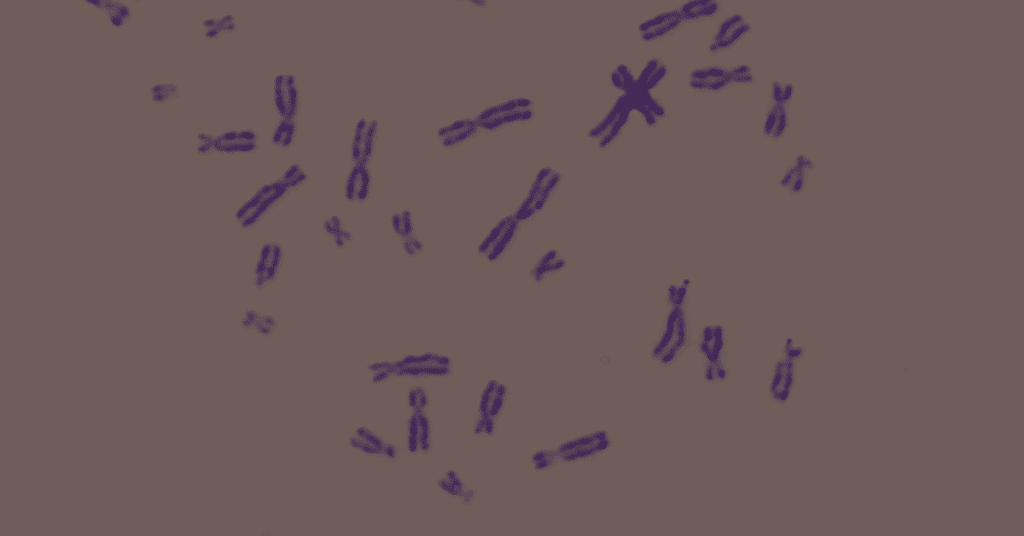
Chromosomal abnormalities can be a significant factor in recurrent abortions, with unbalanced translocations being one of the leading causes. Unbalanced translocations occur when there is an abnormal number of chromosomes, leading to chromosomal instability and reproductive failure. This instability can result from chromosomal rearrangement or chromosome breaks, deletions, pericentric inversion, and alterations. These alterations can affect couples who are trying to conceive and may occur at the breakpoint.
Unbalanced Translocations: A Leading Cause of Miscarriage
Unbalanced translocations, which involve alterations in the chromosome structure, are a common cause of miscarriage. These occur when two chromosomes break at the breakpoint and exchange fragments with each other, resulting in an abnormal number of chromosomes. Couples with chromosomal translocations are at higher risk for recurrent miscarriages due to this potential for unbalanced translocation. In such cases, a donor can be considered to help address the issue.
Chromosomal Rearrangement: A Factor in Chromosome Instability
Chromosomal rearrangement is another factor that can contribute to chromosomal instability and lead to recurrent abortions. This occurs when there are alterations in different breakpoints, deletions, or pericentric inversions that affect the karyotype of couples. These changes can impact the genetic makeup of the embryo, leading to developmental issues and potentially resulting in a miscarriage. In some cases, donor chromosomes may also be involved in these rearrangements.
Sex Chromosomes Abnormalities: Another Factor Contributing to Miscarriage
Sex chromosome abnormalities, also known as chromosomal aberrations or chromosomal anomalies, can contribute to miscarriage risk in couples. This is particularly true when there are chromosomal alterations involving a donor chromosome from one parent. These chromosomal abnormalities often go undetected since they do not typically result in physical abnormalities but may still impact fertility outcomes significantly.
Gene-Specific Mutations and Nonspecific Immune Causes of Miscarriage
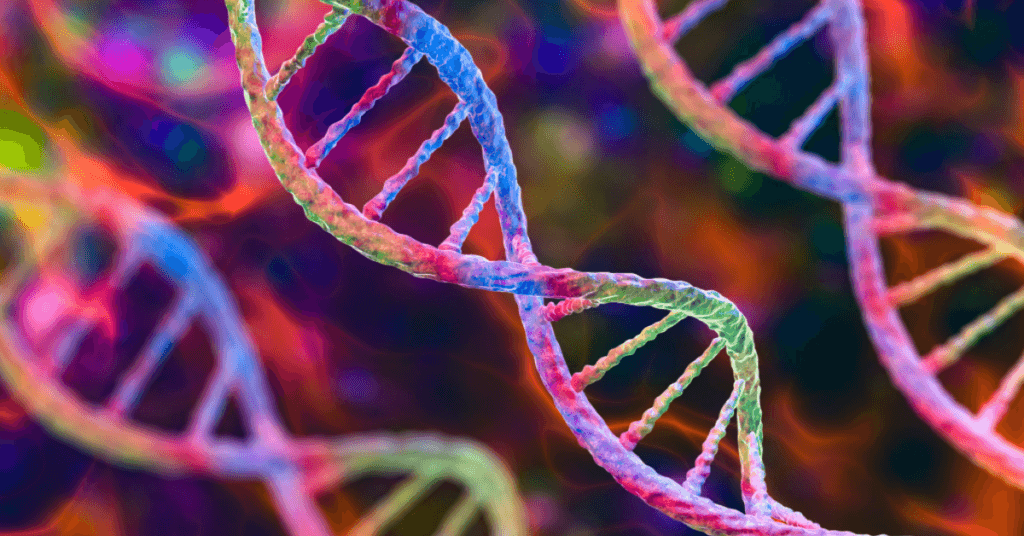
Genetic mutations and chromosomal aberrations are one of the leading causes of miscarriage in couples. These alterations can occur spontaneously or be inherited from parents. Gene-specific mutations and chromosomal anomalies can cause miscarriage by altering the function of specific genes that are essential for fetal development. The mutations and anomalies may affect a single donor site or multiple genes in different recipients.
In some cases, chromosomal aberrations or anomalies can be the genetic causes of miscarriage, leading to recurrent pregnancy loss in couples. This is when a woman has had two or more consecutive miscarriages. It is important to note that these chromosomal mutations are not the fault of the mother, as they occur randomly and without warning.
Nonspecific immune causes of miscarriage can also occur due to the presence of uterine NK cells. These cells play an important role in early pregnancy by promoting blood flow to the developing fetus. However, in some cases, these cells can attack the fetus as a foreign entity, leading to miscarriage. Chromosomal anomalies and couples may also contribute to this issue.
The role of NK cells in miscarriage is still not fully understood, but research suggests that abnormalities in these cells may contribute to recurrent pregnancy loss in some couples. Chromosomal anomalies may also play a role. Further studies are needed to better understand how these cells work and how they can be treated if necessary.
It is important for couples who have experienced recurrent pregnancy loss to seek medical attention and undergo testing for potential chromosomal anomalies. Counseling and support services may also be beneficial during this time.
Risk Factors for Chromosomal Abnormalities in Miscarriage
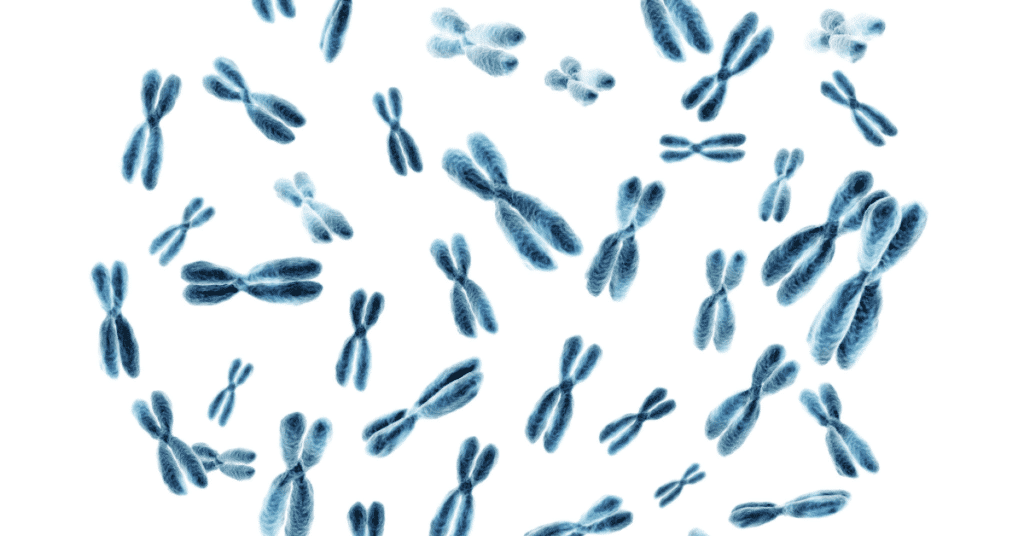
Maternal age, recurrent abortions, genetic predisposition, exposure to certain environmental toxins, and couples’ reproductive history are all potential risk factors for chromosomal abnormalities in miscarriage. Understanding these risk factors can help couples make informed decisions about their reproductive health.
Maternal Age: A Significant Risk Factor
Research has shown that maternal age is a significant risk factor for chromosomal abnormalities in miscarriage. As women age, the quality of their eggs declines, increasing the likelihood of chromosomal abnormalities. Couples where the woman is over the age of 35 are at higher risk for having a miscarriage due to chromosomal abnormalities than younger couples.
Recurrent Abortions: Increasing Risk
Couples who have experienced recurrent abortions are also at increased risk of having chromosomal abnormalities in future pregnancies. The more recurrent abortions a couple has had, the greater their risk of experiencing another miscarriage due to chromosomal abnormalities. This may be because recurrent abortions can be caused by genetic or structural problems that increase the likelihood of chromosomal abnormalities.
Genetic Predisposition and Environmental Toxins
Other factors that may increase the risk of chromosomal abnormalities in miscarriage include genetic predisposition and exposure to certain environmental toxins. Some couples have a higher chance of passing on genetic mutations that can lead to chromosomal abnormalities in their offspring. Exposure to certain chemicals or toxins during pregnancy can also increase the chances of miscarriage due to chromosomal abnormalities.
Antithyroid Antibodies and Treatment of Miscarriages

Antithyroid antibodies are proteins produced by the immune system that mistakenly attack the thyroid gland, causing an autoimmune disorder known as Hashimoto’s thyroiditis. This condition can increase the risk of miscarriage in pregnant couples. Similarly, phospholipid antibodies can also contribute to recurrent miscarriages in couples.
Treatment for antithyroid and phospholipid antibodies in couples with a history of recurrent miscarriage may involve medication to regulate thyroid function and blood thinners. Early detection and treatment of these antibodies can improve the chances of a successful pregnancy.
Antibodies
Antibodies are proteins produced by the immune system to help fight off infections and diseases. However, sometimes they may target healthy cells in the body, leading to autoimmune disorders. Antithyroid antibodies are a type of autoantibody that targets the thyroid gland.
Phospholipid Antibodies
Phospholipids are fats that make up cell membranes. Phospholipid antibodies are autoantibodies that target these fats, leading to clotting problems in some cases. These antibodies can cause recurrent miscarriages by interfering with normal blood flow to the developing fetus.
Treatment Options
The treatment for antithyroid and phospholipid antibodies depends on their severity and impact on pregnancy outcomes, including recurrent miscarriage, et al. Medications such as levothyroxine may be prescribed to regulate thyroid function in women with antithyroid antibodies. Blood thinners such as aspirin or heparin may be recommended for those with phospholipid antibodies.
Early Detection is Key
Early detection of antithyroid and phospholipid antibodies is crucial for improving pregnancy outcomes. Women who have had previous miscarriages or have a family history of autoimmune disorders should consider getting screened for these types of antibodies before trying to conceive.
Alloimmune Factors and Treatment of Miscarriages

Alloimmune factors refer to the immune system’s response to foreign cells in the body. The immune system is designed to protect the body from harmful invaders like bacteria and viruses. However, sometimes it can mistake healthy cells for foreign invaders and attack them. This can cause a range of health problems, including miscarriage.
When alloimmune factors target a fetus, it can lead to miscarriage or stillbirth. The mother’s immune system may produce antibodies that recognize certain proteins on the surface of fetal cells as foreign. These antibodies then attack and destroy the fetal cells, leading to pregnancy loss.
Treatment for alloimmune factors includes immunotherapy, which involves administering antibodies to suppress the immune response. Immunotherapy can be effective in preventing recurrent miscarriages caused by alloimmune factors. It works by blocking the production of harmful antibodies that target fetal cells.
Other treatments may include steroids or intravenous immunoglobulin (IVIG) therapy et al. Steroids are used to reduce inflammation in the body and suppress the immune response, while IVIG therapy involves giving high doses of immunoglobulin (antibodies) through an IV drip.
It is important to diagnose and treat alloimmune factors early in pregnancy to increase the chances of a successful pregnancy. Women who have experienced recurrent miscarriages should be tested for alloimmune factors such as antiphospholipid syndrome (APS), anti-thyroid antibodies, and anti-nuclear antibodies (ANA). If these tests come back positive, treatment with immunotherapy or other therapies may be recommended.
Genetic Testing and Prenatal Testing for Miscarriage
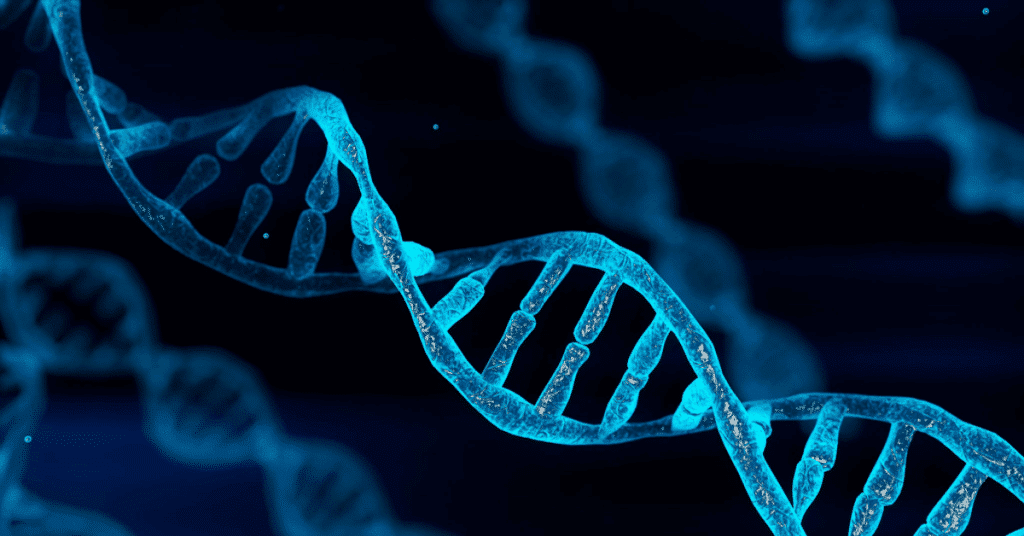
Prenatal testing can help identify genetic issues that may cause miscarriage or fetal demise in early pregnancy. Genetic testing can be done on fetal cells obtained through amniocentesis or chorionic villus sampling (CVS) to determine if chromosomal abnormalities are present. This type of testing is typically recommended for women who have experienced previous miscarriages or recurrent miscarriages, as well as those who have a family history of genetic disorders.
Genetic counseling is an important part of the prenatal testing process, as it can provide valuable information about any underlying genetic issues that may be contributing to the loss of the pregnancy. Women who have experienced multiple miscarriages may benefit from this type of counseling, as it can help them understand their risk factors and make informed decisions about future pregnancies.
Cytogenetic analysis of fetal tissue from abortions or miscarriages can also provide information about chromosomal abnormalities that may have contributed to the loss of the pregnancy. This type of testing is typically performed after a first trimester miscarriage or fetal demise, and involves examining the chromosomes in the fetal tissue to look for any abnormalities.
Knowing about any genetic issues can help inform decisions about future pregnancies, including whether to pursue additional testing or interventions. For example, some couples may choose to undergo in vitro fertilization (IVF) with preimplantation genetic diagnosis (PGD), which involves screening embryos for chromosomal abnormalities before they are implanted in the uterus.
While genetic testing cannot prevent miscarriage, it can provide valuable information for couples trying to conceive and may offer some peace of mind. By identifying any underlying genetic issues early on, doctors and patients alike can work together to develop a plan for managing these conditions and reducing the risk of future losses.
Understanding the Link Between Chromosomal Abnormalities and Pregnancy Loss
Losing a pregnancy can be devastating, and it is important to understand the potential causes of miscarriage. One common cause is chromosomal abnormalities, which occur when there are errors in the number or structure of chromosomes in a fetus. These abnormalities can lead to developmental problems that make it difficult for a pregnancy to continue.
There are several types of chromosomal abnormalities that can result in miscarriage, including aneuploidy and trisomy. Aneuploidy occurs when there is an abnormal number of chromosomes present in a cell, while trisomy specifically refers to having three copies of a particular chromosome instead of two. Both types can lead to significant developmental issues that prevent a pregnancy from progressing.
Gene-specific mutations and nonspecific immune causes may also contribute to miscarriage risk. In some cases, certain genes may have mutations that increase the likelihood of chromosomal abnormalities occurring. Immune system issues may cause the body to attack fetal cells or otherwise interfere with normal development.
Several risk factors can increase the likelihood of chromosomal abnormalities occurring during pregnancy. Advanced maternal age is one common factor, as well as exposure to environmental toxins or radiation. Certain medical conditions such as diabetes or thyroid disorders may also play a role.
While there is no guaranteed way to prevent chromosomal abnormalities from occurring during pregnancy, there are some treatments available for those who have experienced multiple miscarriages due to this issue. Antithyroid antibodies and alloimmune factors may be addressed through medication or other interventions designed to support healthy fetal development.
Genetic testing and prenatal testing are also available for those who want more information about their risk for chromosomal abnormalities during pregnancy. These tests can help identify potential issues before they become major problems, allowing parents and healthcare providers to take appropriate action.




